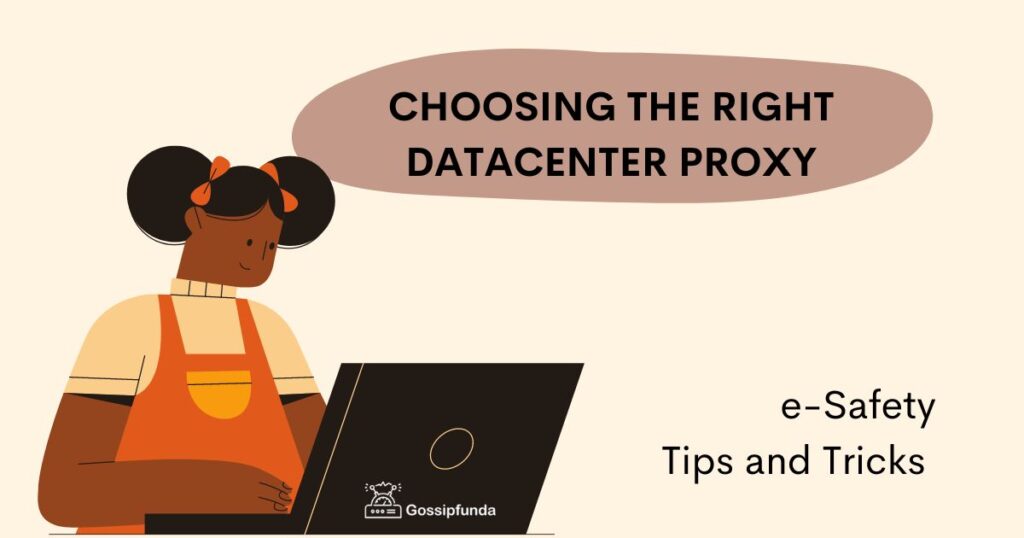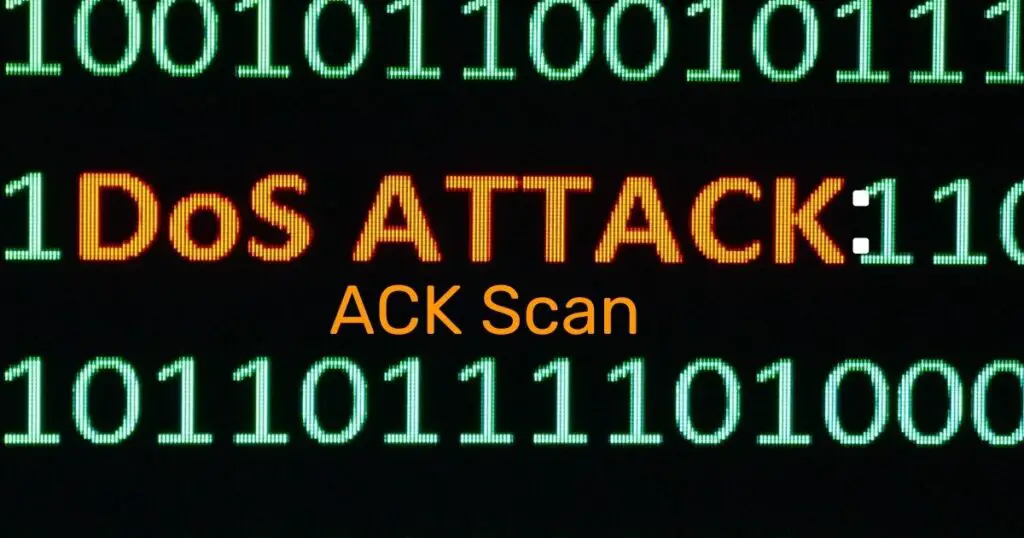A datacenter proxy is an intermediary that routes internet traffic through powerful data center servers. In the process, it assigns datacenter IP addresses affiliated with the data centers’ owners. This proxy type offers several benefits and enables businesses to undertake web scraping, market research, brand protection, and web change monitoring. But success in these tasks is contingent on choosing the right datacenter proxy. For this reason, this article offers a detailed guide to help make the best decisions.

Types of Datacenter Proxies
There are two main types of datacenter proxies: shared and dedicated or private datacenter proxies.
1. Shared Datacenter Proxies
This proxy type assigns the same IP address to multiple users. In this regard, it gives them concurrent access to the server infrastructure, such that all the users share the available bandwidth – usually, simultaneous connections to the server throttle the speed.
2. Dedicated Datacenter Proxies
A dedicated datacenter proxy assigns every user a unique datacenter IP address. Therefore, each user gains complete control of the server and is solely responsible for 100% of the traffic routed through this intermediary. For this reason, private datacenter proxies are faster than shared datacenter proxies.
Advantages and Disadvantages of Datacenter Proxies
Pros of Datacenter Proxies
- Affordability: Datacenter proxies are cheaper than residential and mobile proxies.
- Speed: Because they are based on powerful data center servers, datacenter proxies are capable of unmatched speed. In this regard, if you are working on tasks that require fast response times.
- High performance: Datacenter proxies are ideal for tasks that require powerful computers with high data and signal processing capabilities. For instance, if you want to stream video via an intermediary, this proxy type is your best bet.
- Unmatched uptime: This proxy type offers unmatched, near 100% uptime for many reasons. Firstly, the data center servers that are configured to act as proxies are regularly maintained by the data center companies that own them. Secondly, as is standard with data centers, these servers have built-in redundancies that ensure they are always operational even when an issue arises in, say, one server rack.
- Availability in multiple locations worldwide: Datacenter proxy providers often source their IP addresses from multiple countries worldwide. This, therefore, means that the proxies offer access to numerous jurisdictions allowing you to access otherwise geo-blocked content.
- Security: The rising cases of cyberattacks call for businesses and individual users to be extremely vigilant and implement measures that promote cybersecurity. Datacenter proxies achieve this objective by scanning responses and emails for malware, phishing links, and viruses. But to boost your security even further, consider using dedicated datacenter proxies, which reduce the likelihood of eavesdropping attacks that can be prevalent in shared proxies.
Cons of Datacenter Proxies
- They are easily flagged or blacklisted: Unfortunately, some websites are often quick to flag datacenter IP addresses and, by extension, the associated proxies. This is because attackers often use these IPs. As a result, web servers are increasingly weary of requests that are linked to these proxies.
- Shared datacenter proxies carry a security risk: Unfortunately, this type of datacenter proxy can open you up to eavesdropping attacks, especially if the security measures put in place by the proxy provider are lackluster.
What to Consider when Choosing a Datacenter Proxy Provider
You should take the following factors into account when selecting a datacenter proxy provider:
- Size of IP pool: A good provider should have a wide IP pool with hundreds of thousands of IP addresses, if not millions. This vast pool ensures that an IP address is always readily available in the unfortunate event of a ban. Additionally, it also facilitates IP rotation.
- Locations: A proxy provider should support proxies from multiple locations. This way, the company allows you to access geo-targeted and geo-blocked content from as many locations as possible.
- Customer support: A reliable proxy service provider should offer 24/7 support to its customers. Datacenter proxies can sometimes involve a few complications. Thus, you should ensure your preferred provider has a team with technical knowledge on how to troubleshoot the problems.
- Proxy management tools: The provider should have a dashboard that enables you to add or remove a proxy, monitor your usage, replace the IP address, and easily integrate your proxy with other third-party software.
- Reputation: You should select a proxy provider of great repute. For this, it is essential to look at other customers’ feedback on review platforms or what reviewers have published in review articles.
- Features and capabilities: A good datacenter proxy provider should offer features such as no bandwidth throttling, support for proxy integration, an unlimited number of concurrent sessions, and proxy rotation. Proxy rotation, in particular, helps avoid IP bans and rate limits.
Visit this link to find datacenter proxies from one of the market-leading providers.
Conclusion
Choosing the right datacenter proxy and proxy provider are crucial determinants of the rate of success in tasks. The right tool and service will boast unmatched speed, reliability, performance, and great features. It will also ensure you do not receive IP bans.

I am Dr. Anshuman P Singh [P.hd in Electronics + M.tech in Electronics & Circuits + B.tech in Electroincs] with more than 13 years of experience in the technical field. There is no doubt to say that I have a core interest in the latest technologies, written a lot of great impacts national and international research papers.

![WPA-PSK [TKIP] + WPA2-PSK [AES]](https://gossipfunda.com/wp-content/uploads/2021/02/WPA-PSKTKIP-WPA2-PSKAES-1024x536.jpg)
